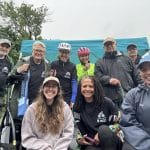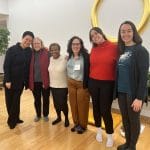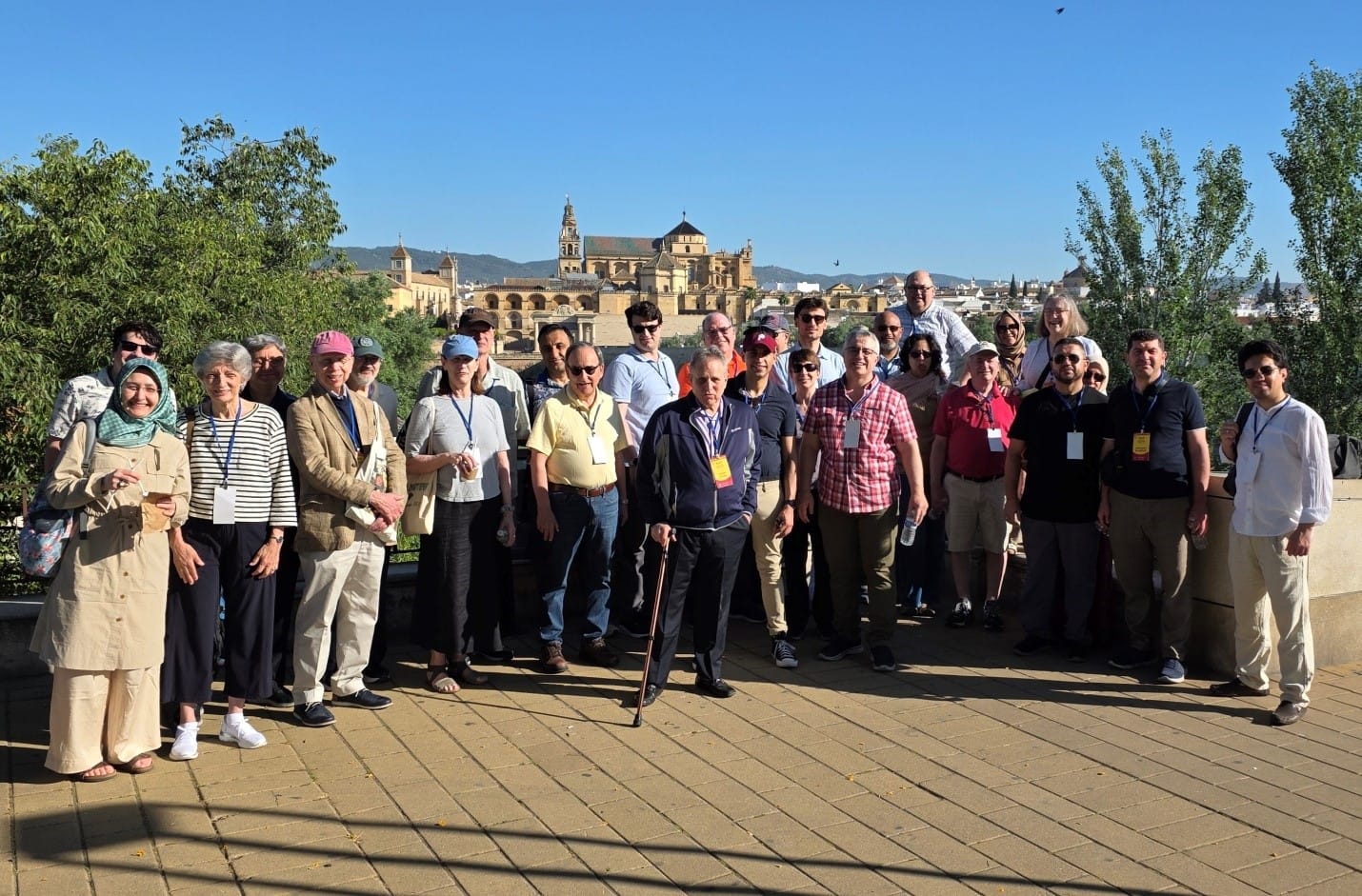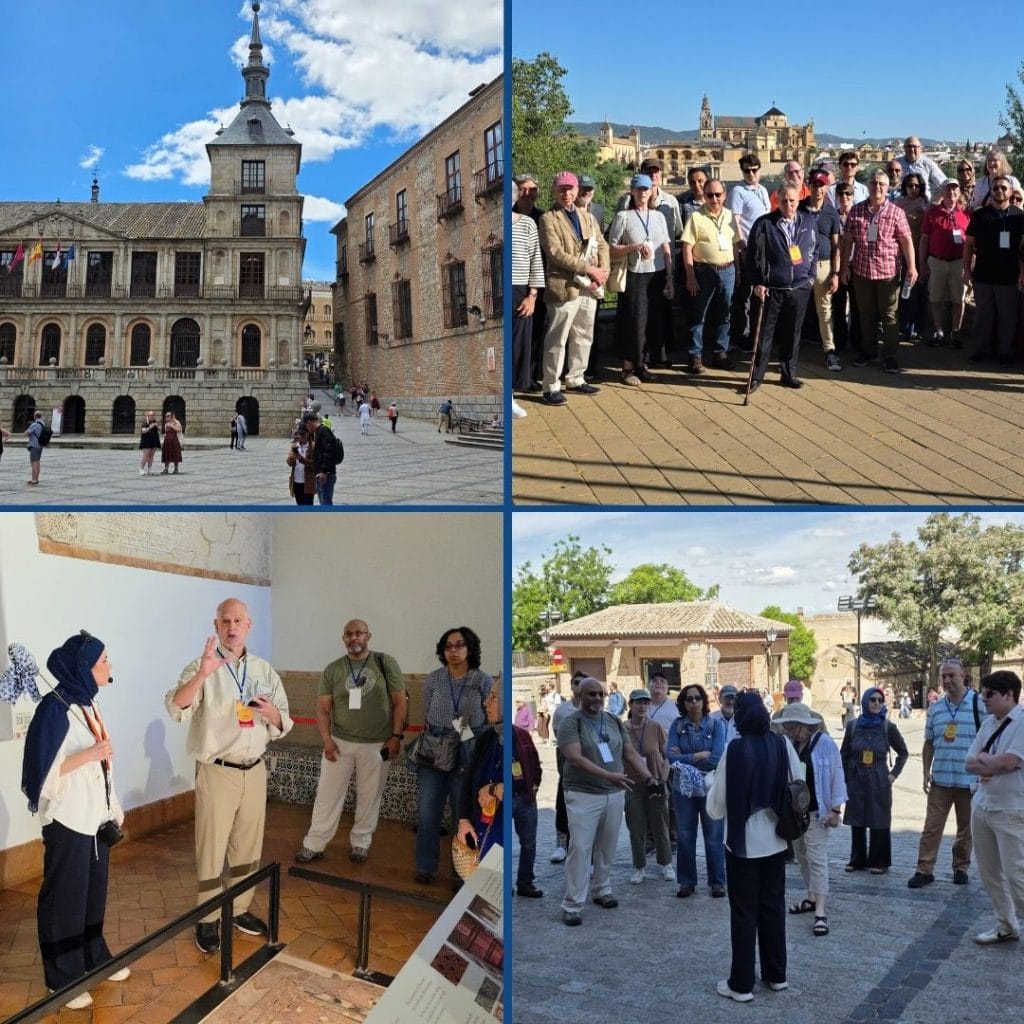
Thanks to the generosity of Milstein Center for Interreligious Dialogue at the Jewish Theological Seminary (JTS), a group of 14 Muslims from Peace Islands Institute Pennsylvania and Peace Islands Institute New York, 8 Jews from the National Council of Synagogues, and 5 Christians gathered for 7 days. They visited Madrid, Toledo, Córdoba, Sevilla, and Granada to show that meaningful multi-faith encounters can enrich lives and deepen relationships.
Among them were Rabbi David Straus, Co-Convener of the Religious Leaders Council, Rev. Edward Livingston, Interfaith Philadelphia Director of Community Partnerships, and Monsignor Gregory Fairbanks, member of Interfaith Philadelphia’s Board of Directors.
Much of their journey took place in Andalusia, which was one of the most vibrant and diverse multi-faith societies in medieval Europe. From 711 to 1492, Muslims, Christians, and Jews coexisted—often in relative peace and intellectual collaboration. The following are reflections on the visit from Rabbi Straus, Rev. Livinston, and Monsignor Fairbanks.
“Our intentional shared time and experiences demonstrate that Convivencia, living together or Beloved Community, is doable today.” – Rev. Edward Livingston
Rabbi David Straus
We chose to travel to Andalusia to learn about the unique period in history when our three faith traditions lived in a world of shared culture, intellectual and theological exchange, and for many periods of time, extreme tolerance. It was a time that encouraged exploring and celebrating religious and intellectual diversity, known by many as La Convivencia, living together. Our hope in traveling and learning together is to bring some of that experience back to our communities and work to create a more tolerant, pluralistic community, in which diversity and the encounter with others who are different from us is not feared but celebrated. We hope this journey jump-starts a dialogue and learning for all of us that will be ongoing.
.
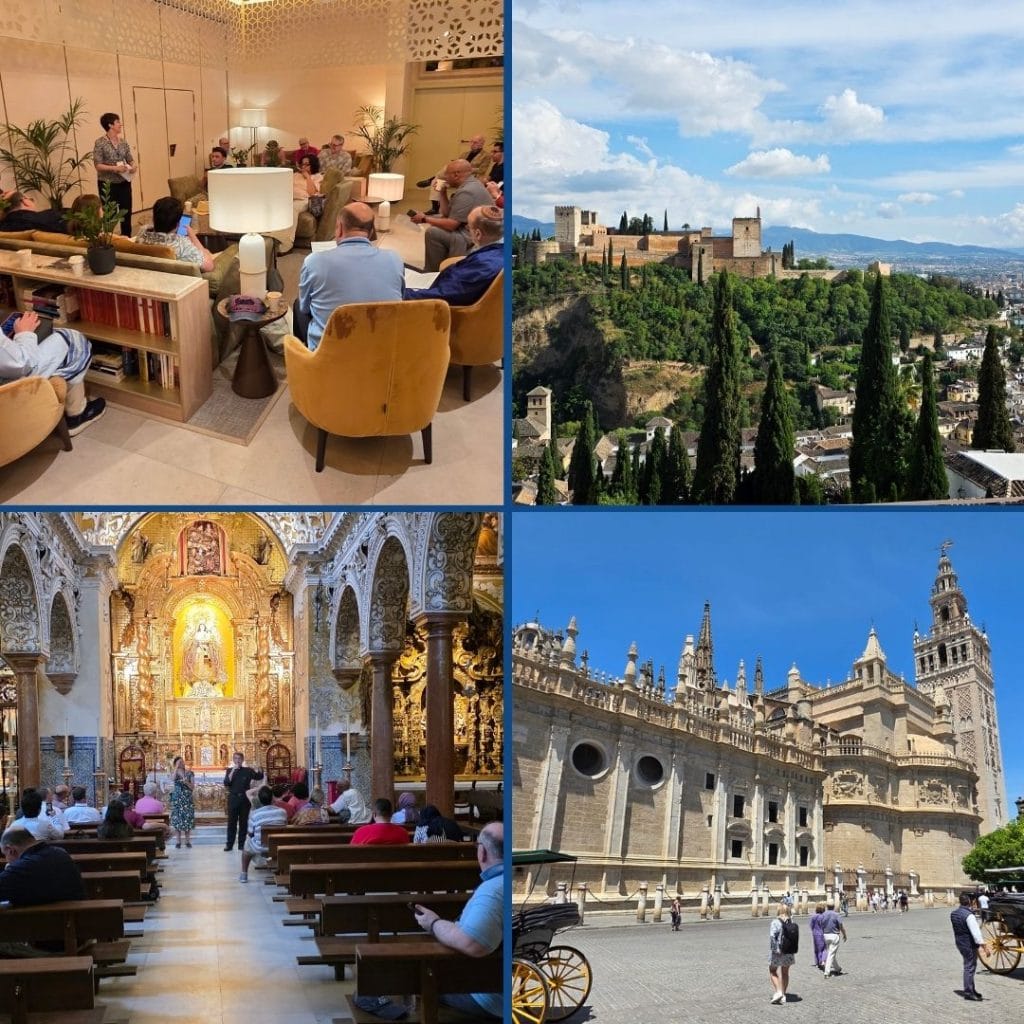

Rev. Edward Livingston
Our intentional shared time and experiences demonstrate that Convivencia, living together or Beloved Community, is doable today. Most religious traditions convey directives to practice love for the stranger. As Jews, Christians, and Muslims, we are modeling how Beloved Community comes about through sincere and intentional encounters across differences. Sharing teachings and interpretations from sacred texts helps to build bridges of understanding and invites aspiration to something greater together.
During our visit, shared a text study of Leviticus 25:1 to 26:2, noting the impact of the Jubilee – the time when certain indentured servants would be released from servitude, some debts would be forgiven, and everyone was supposed to return to their own property – and how this practice would help in the restoration of the land and the hearts and health of all people.
Monsignor Gregory Fairbanks
Throughout the pilgrimage, we witnessed a culture formed by three distinct yet interrelated religions. These three religions share a common history, trace their origins to the patriarch Abraham and are often seen as originating from a single cultural and religious tradition within the Middle East.
The three faiths coexisted together for nearly eight centuries, each leaving a distinct mark on Spanish culture and identity. Our goal as pilgrims was to learn from the past, experience the richness of each, and appreciate the good in each other as we face the future together.
We hope this experience will be the beginning of a deepening of relationships and understanding. We experienced the facts of history together, trying to see each other’s perspectives, and move forward with mutual respect. We hope this experience will be the beginning of a deepening of relationships and understanding. We experienced the facts of history together, trying to see each other’s perspectives, and move forward with mutual respect. We have far more in common than divides us. May we have the courage to achieve La Convivencia in peace. (From Catholic Philly, June 6, 2025)
.

